In oil and gas, construction, and mining, the choice of piping material is critical to ensuring the success and longevity of structural systems. Traditional metal pipes have long been the norm, but in recent years, modular High-Density Polyethylene (HDPE) pipes have emerged as a superior alternative. This article explores the technical aspects that make modular HDPE pipe the preferred choice in various structural applications.
HDPE Pipe has incredible usability benefits compared to steel pipe, and it starts and ends with section installation and replacement.
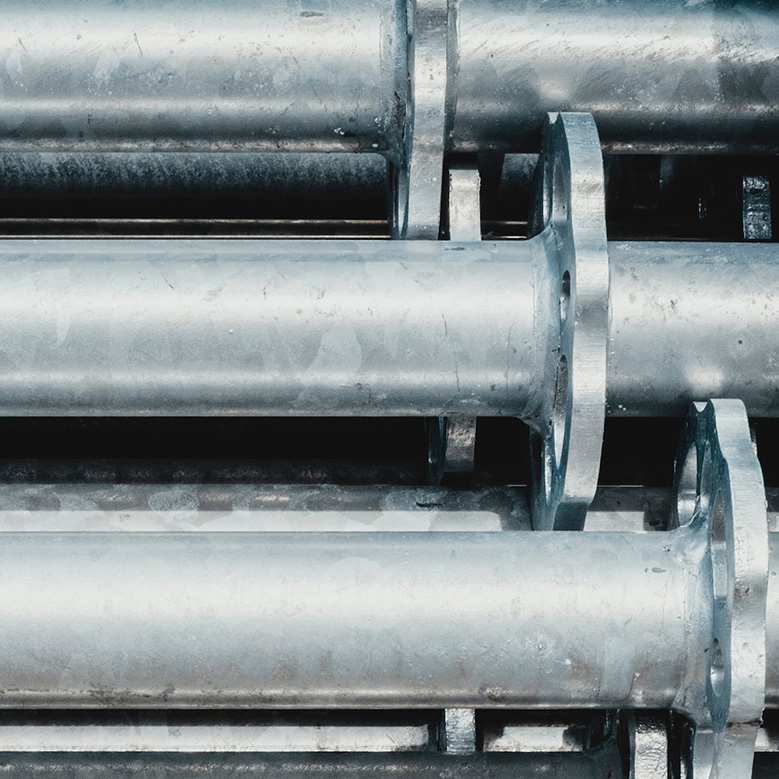
1. Corrosion Resistance One of the primary advantages of modular HDPE pipe over metal pipes is its exceptional corrosion resistance. HDPE pipes outperform metal counterparts in harsh environments such as oil and gas extraction sites, where exposure to corrosive substances is common.
HDPE’s inert nature makes it impervious to chemical corrosion, ensuring structural integrity and longevity.
2. Lightweight and Flexible Design
Modular HDPE pipes are significantly lighter than metal pipes, making them easier to handle, transport, and install. This is particularly advantageous in construction and mining applications where the weight of materials can impact project timelines and costs. Additionally, the flexibility of HDPE pipes allows for easier maneuverability around obstacles and through challenging terrains, reducing the complexity of installation.
3. High Impact Strength
In dynamic construction and mining environments, pipes are exposed to potential impact from heavy machinery and external forces. HDPE pipes possess high impact strength, enabling them to absorb and distribute energy effectively. This resilience reduces the likelihood of cracks, fractures, or other forms of damage, contributing to the overall durability of the structural system.
4. Chemical Resistance
Similar to its resistance to corrosion, HDPE exhibits excellent resistance to a wide range of chemicals. In oil and gas applications, where pipelines may come into contact with various substances, including hydrocarbons, acids, and alkalis, the chemical resistance of HDPE ensures that the pipes maintain their structural integrity over time. This resistance contributes to a longer lifespan for the entire system.
5. Flexibility in Design and Installation
Modular HDPE pipes offer versatility in design and installation, allowing engineers to tailor solutions to specific project requirements. In short-term projects, HDPE pipes can be rented, and by using quick disconnect fittings, sites can be staged and torn down incredibly quickly. The flexibility of HDPE also enables the creation of complex configurations, reducing the need for additional fittings and joints. This not only streamlines the installation process but also minimizes the potential points of failure in the system.
6. Reduced Maintenance Costs
The durability and resilience of modular HDPE pipes result in lower maintenance costs than metal pipes. The resistance to corrosion and chemical degradation means that HDPE pipes require less frequent inspections and repairs. This cost-effectiveness is particularly significant in industries like oil and gas, where maintenance downtime can have substantial financial implications.
7. Long Service Life
Modular HDPE pipes are designed to have a long service life, even in demanding applications. The combination of corrosion resistance, impact strength, and chemical resistance contributes to the overall reliability of HDPE pipes. This longevity makes them an economically viable and sustainable choice for structural engineers across different industries.
The technical advantages of modular HDPE pipes make them superior to traditional metal pipes in oil and gas, construction, and mining applications. From corrosion resistance and lightweight design to high impact strength and chemical resistance, HDPE pipes address the specific challenges of these industries. As structural engineers seek innovative and efficient solutions, modular HDPE pipes stand out as a reliable and technologically advanced choice, contributing to the success and sustainability of diverse structural projects.


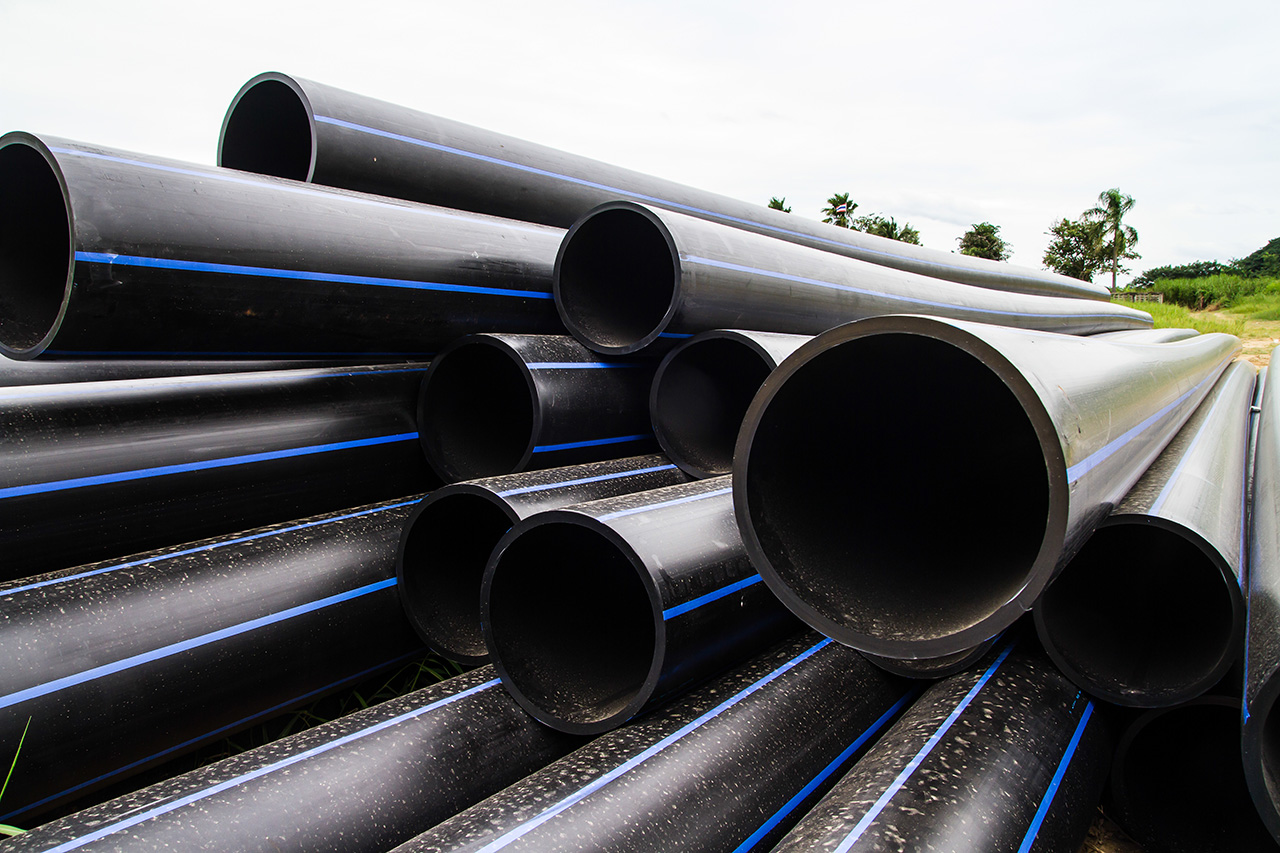
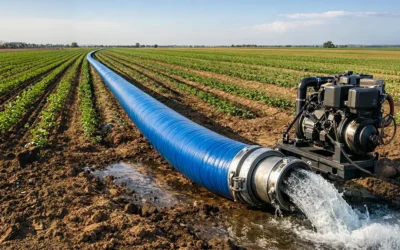
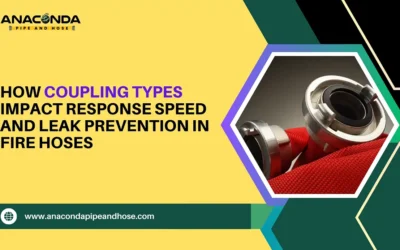
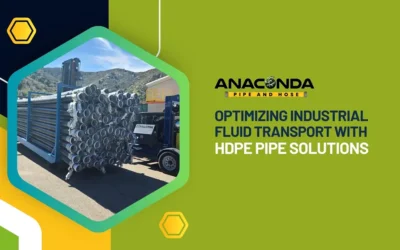
0 Comments